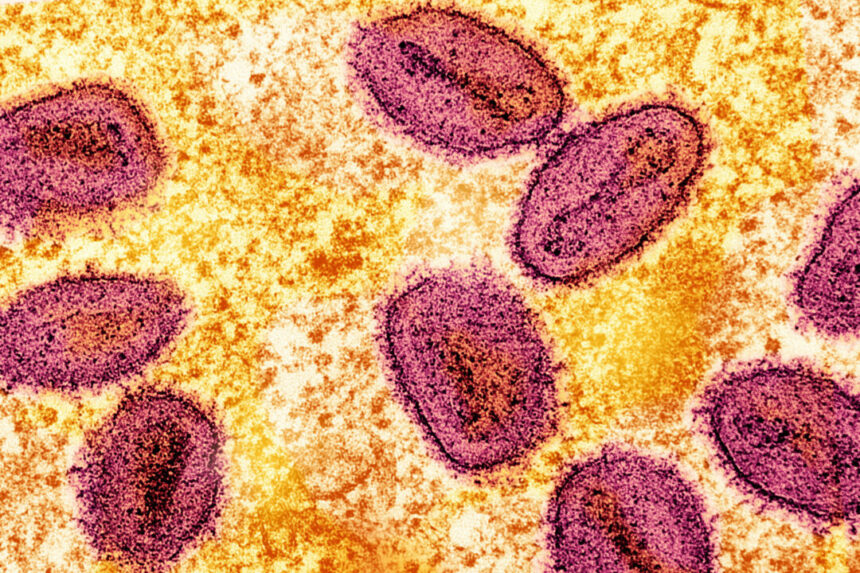Commentary:
The effectiveness of public health responses relies heavily on being grounded in reality. This is especially crucial in emergency situations that involve significant financial allocations. It is essential to have accurate information in context, ensure that those benefiting financially have no influence on decision-making, and maintain transparency in weighing costs and benefits.
The recent declaration by the World Health Organization (WHO) of Mpox as an international emergency has raised questions about the necessity and scale of the response. While the reported cases and deaths are concerning, they need to be viewed in the context of other health challenges faced by countries like the Democratic Republic of Congo (DRC).
The push for mass vaccination campaigns raises concerns about the potential diversion of resources from more pressing health issues. The fast-tracking of vaccines through emergency programs bypasses standard approval processes, potentially compromising safety and efficacy.
It is important to critically assess the data provided by organizations like the WHO and consider the broader implications of their recommendations. The focus should be on addressing the root causes of health crises and ensuring that responses are proportionate and evidence-based. The new international emergency may not be as alarming as it seems, especially for those in the DRC at Mpox ground zero. The WHO’s declaration of an international emergency may not be necessary, as the outbreak of Mpox is currently only responsible for a small fraction of deaths compared to other diseases like malaria, tuberculosis, and HIV.
Instead of diverting resources from DRC’s major priorities to combat Mpox, it may be more beneficial to focus on improving immune competence through nutrition and sanitation. The cost and opportunity costs of the response to Mpox should be carefully considered, and those who stand to gain financially from vaccination should not be involved in decision-making processes.
While the number of Mpox deaths may continue to rise, it is important to keep the situation in context and prioritize addressing the underlying causes of endemic disease and inequality. Sending vaccines and foreign aid may not be the most effective response, and supporting local initiatives when requested by the community may be more beneficial in the long run.
Overall, the focus should be on supporting local responses and addressing the root causes of disease and inequality in the DRC.
Source link





